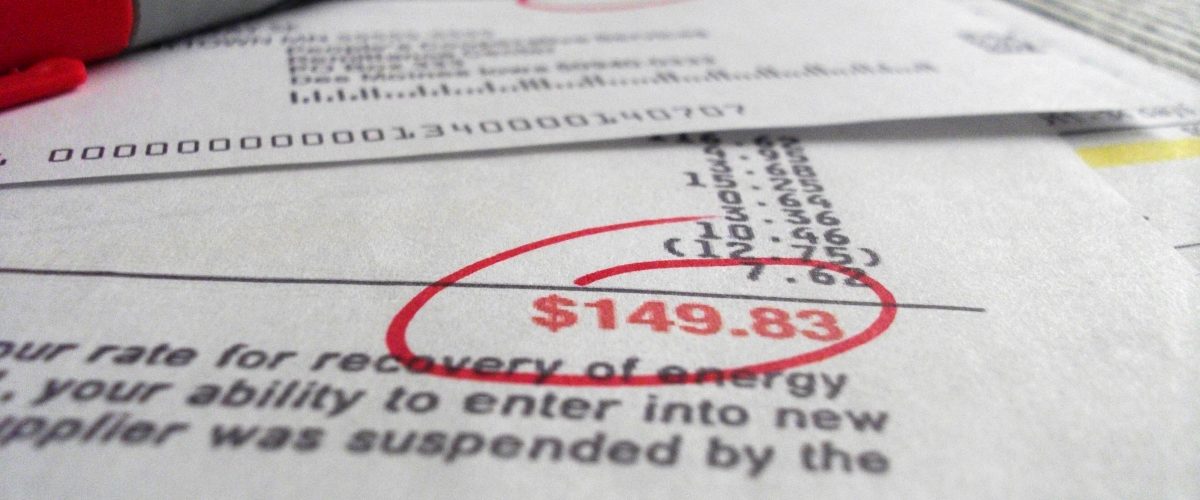
Many firms outsource audit work, investors see lower quality
DENVER — As major accounting companies increasingly outsource audit work to other firms, a new study from the CU Denver Business School says greater transparency is needed to help investors assess the quality of those audits.
“Many people don’t realize that most audits of multi-national companies involve more than one auditing firm,” said study author Carol Dee, associate professor of accounting at the CU Denver Business School. “A large accounting firm in New York, for example, might send parts of the job to their affiliate in Tokyo or Shanghai.”
The research, the first of its kind, was recently published online in the journal The Accounting Review. Ayalew Lulseged of the University of North Carolina Greensboro and Tianming Zhang of Florida State University co-authored the study.
The researchers examined proposed new disclosure rules from the Public Company Accounting Oversight Board (PCAOB), a non-profit corporation created by Congress to oversee the audits of public companies.
The board is considering a measure that would require registered accounting firms to disclose, in audit reports of Securities and Exchange Commission companies, the names, locations and extent of participation of outside auditing firms. It believes that audits involving outside auditors may be of lower quality so disclosure is important to investors in assessing the overall quality of the audit.
The study examined whether audit quality is negatively affected when part of it is completed by auditors other than the principal auditing firms. They looked at publicly available data to see if disclosure of outside auditors provided information useful to investors.
The researchers said that some offshore auditors may have the required expertise to do the job but might not understand the American audit and regulatory environment. They also said the quality of those audits may differ from that of the principal auditor.
“In addition, these participating auditors may not have been inspected by the PCAOB because of the…difficulties in conducting inspections in certain countries,” the study said.
At the same time, the researchers discovered that when investors learned parts of audits were being outsourced they reacted as if the audits were of lesser quality.
“We found that investors reacted in a negative way when they learned of audits being done by these other firms,” Dee said. “And the stock prices fell.”
Ultimately, Dee and her colleagues concluded that the proposed PCAOB rule mandating more transparency would help investors in evaluating the overall quality of the audit.
“Our findings suggest that the PCAOB’s proposal requiring disclosure of other audit participants would, if implemented, provide information useful to investors in assessing audit quality for SEC issuers,” they said.


